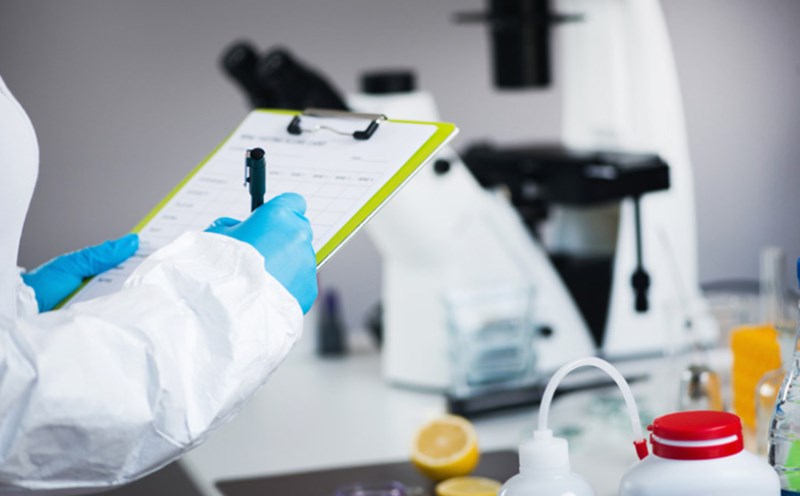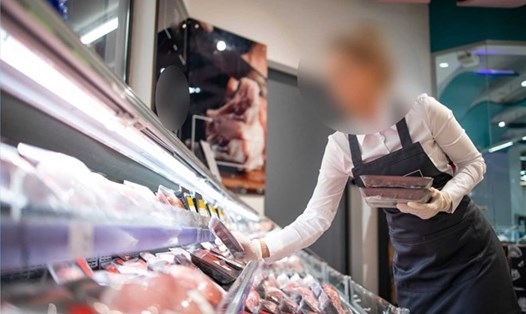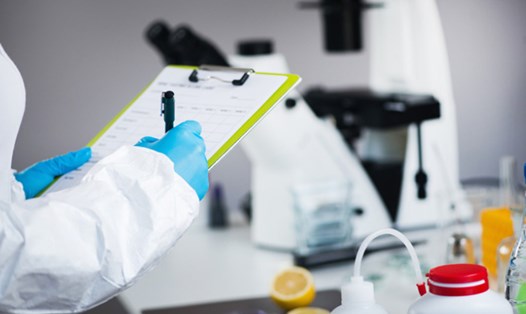With a population of about 13 million, ensuring food safety for the people of Ho Chi Minh City is increasingly challenging. In particular, the demand for food shopping increases at the end of the year, so the city promotes activities to ensure the health of the people.
The Ho Chi Minh City Department of Food Safety said it is strengthening food safety inspections, taking food samples to test and evaluate food quality and safety. At the same time, it is promptly preventing unsafe food from circulating on the market and strictly handling violations according to the law.
The Ho Chi Minh City Department of Food Safety also stated that food safety management needs to be continuously improved in terms of organizational structure, inter-sectoral coordination, and management staff capacity... to minimize food poisoning incidents, ensure improved health for people in the city, and meet the needs of international integration.
According to Ms. Pham Khanh Phong Lan - Director of the Department of Food Safety of Ho Chi Minh City, the unit continues to implement the goal of building clean food and fighting dirty food. Focusing on inspection and examination at places with risks of food safety such as collective kitchens of schools and companies.
“It can be said that from now until the end of the year, the situation will be more complicated. Because the situation of free and spontaneous trading, buying and selling on sidewalks and roadsides still occurs frequently, especially around wholesale markets. At the same time, the economy is still difficult, consumers will also have the first choice to buy cheap food, not quality food. This is also a cause for concern,” said Ms. Phong Lan.
The end of the year is also the time when poor quality goods are brought to the market more. Counterfeit, fake and smuggled goods are gathered and then produced into popular Tet products such as ham, sausages, etc. Therefore, the authorities also focus on and increase the inspection and control of this issue.











